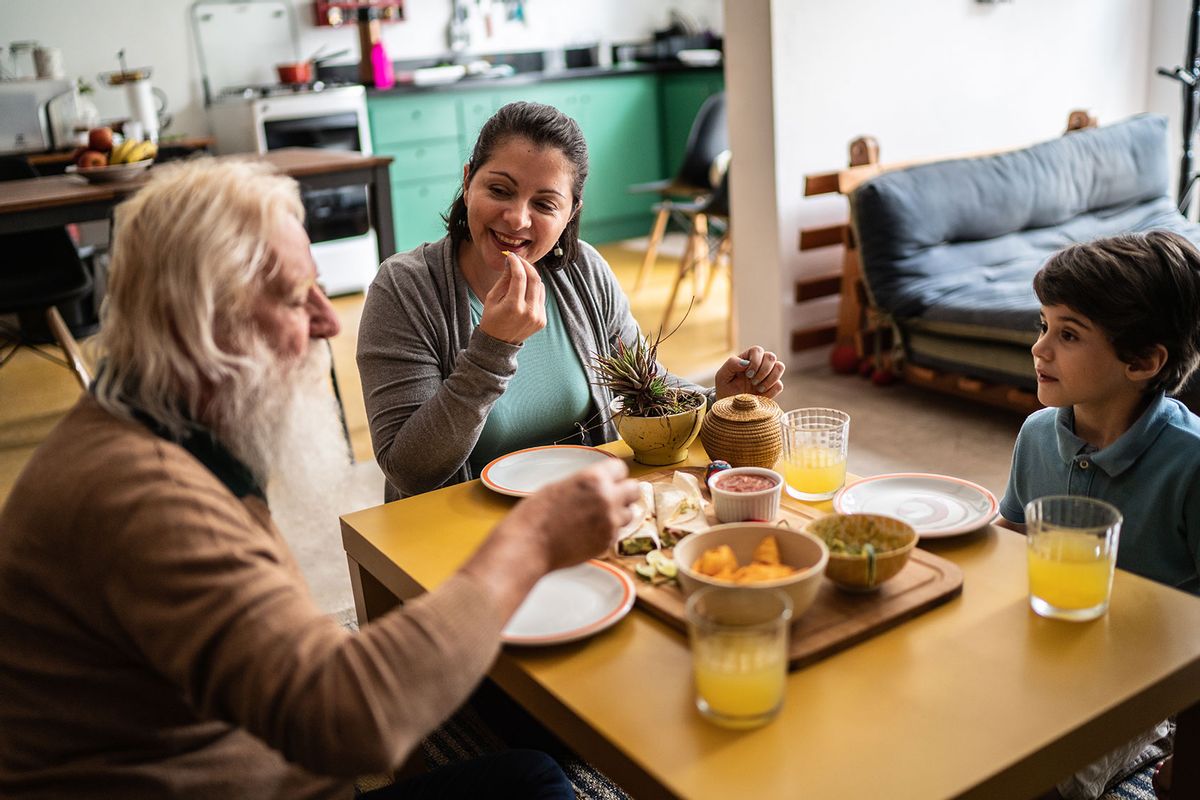
Sandwich Gen Woes
Deccan ChronicleNavigating the rocky roads of financial independence and being a homemaker is not a piece of cake. Delrina Mohta, a Mumbai-based psychologist speaks of the various mental health issues faced by the sandwich generation, “The constant juggling of responsibilities can result in heightened levels of exhaustion, guilt, and depression as individuals struggle to balance their caregiving responsibilities with other aspects of their lives. It also leads to increased stress, anxiety, and feelings of being overwhelmed as they try to meet the diverse needs.” She adds that the sandwich generation’s added caregiving responsibilities can exacerbate mid-life crises and financial strain coupled with pressure and uncertainty about their future questioning their life choices. Alisha Lalljee, a psychologist, special educator and psychotherapist says, “Recognizing and embracing this interdependence can lead to a sense of fulfilment and satisfaction in family relationships for people in the sandwich generation. Prioritising tasks and responsibilities based on urgency and importance, and seeking help or delegating tasks is very crucial.” No Respite • The sandwich generation refers to adults who are taking care of their kids and elderly parents • 71% of sandwich generation is between the ages of 40 and 59, 19% are under 40, and 10% are 60 or older • 89% of India's sandwich generation faces challenges juggling roles and keeping finances in order • The sandwich generation experiences exhaustion, burnout, stress, and depression caring for kids and elderly parents Society's glorification of caregiving and the pressure on women to multitask further compound challenges and perpetuates guilt and manipulation.” — Nandita Kalra, counselling psychologist, couple and family therapist The constant juggling of responsibilities can result in heightened levels of exhaustion, guilt, and depression.” — Delrina Mohta, psychologist, Mumbai Prioritising tasks based on urgency and importance, and recognizing that it is okay to ask for help or delegating tasks when necessary, is very crucial.” — Alisha Lalljee, psychologist, special educator, psychotherapist
History of this topic

I'm Part Of The 'Sandwich Generation.' This Is What It's Really Like.
Huff Post
The ‘sandwich generation’ and the dilemma of caregiving
Live Mint
Are you part of the sandwich generation? Uncover its meaning and strategies for achieving balance
Hindustan Times
Why the 'sandwich generation' is so stressed out
BBCDiscover Related












